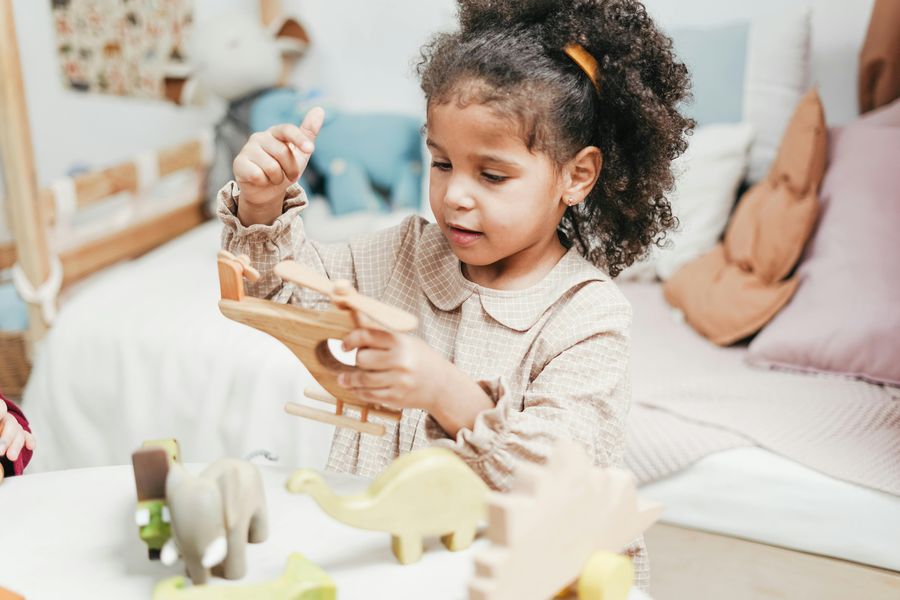Understanding No-Labels Relationships
When we think of relationships, we often associate them with specific labels like boyfriend, girlfriend, husband, wife, etc. However, in today’s dating culture, more and more people are opting for no-labels relationships.
But what exactly does that mean? A no-labels relationship is exactly what it sounds like – a relationship without any specific labels or titles.
It falls within the gray zone of the traditional dating culture, where individuals are not necessarily committed to each other but also not entirely casual. Essentially, it’s a relationship where the couple enjoys spending time together, but they choose not to define their relationship in any particular way.
Types of Relationship Labels
1. Commitment-Oriented Labels
Commitment-oriented labels are labels that imply a long-term commitment. For example, boyfriend, girlfriend, fiancé, and spouse fall under this category.
2. Non-Committal Labels
Non-committal labels, on the other hand, imply a more casual relationship that may not necessarily lead to long-term commitment. Examples of non-committal labels include friends with benefits, hookup, and fling.
Navigating a Label-less Relationship
Joining a no-labels relationship comes with its difficulties. Without labels, it’s easy for each partner to have a different set of expectations for the relationship.
Clarity and communication are crucial in this kind of situation. If you’re considering entering a no-labels relationship, make sure to have an honest conversation with your partner about your expectations and what you want out of the relationship.
Without clear expectations, it’s easy to get hurt, or worse, hurt your partner. Complications in a no-labels relationship can arise when one partner wants to add some specific label or title to the relationship, while the other doesn’t.
In such a situation, it’s essential to compromise and find a middle ground that works for both parties. Labeling vs.
Not Labeling Relationships
Importance of Labels in Relationships
Labels can help set expectations and boundaries in a relationship. A relationship primed with labels is easy to understand.
If you know someone is your boyfriend or girlfriend, you know that you’re both committed emotionally and potentially even sexually. Relationship labels can also have an influence on behavior.
Once someone becomes your boyfriend or girlfriend, you may start to behave differently towards them. You may do more things to show them you care, go the extra mile, or prioritize their needs over yours.
Personal Choice to Label or Not to Label
The choice to label or not label a relationship is a personal one. Some people prefer labeling as it provides clarity and a sense of commitment, while others prefer to keep things more relaxed and open-ended.
It’s important to note that societal norms often push people into labeling relationships, but it’s okay not to follow these norms. You shouldn’t feel pressured into labeling a relationship if it’s not what you want.
Communication in Relationships
Regardless of whether or not you choose to label your relationship, communication is essential. Boundaries, clear expectations, and open conversation are key components of a healthy relationship.
If labels aren’t your thing, communicate openly with your partner and have clear expectations for the relationship. Communication is crucial in any relationship, labeled or not.
In conclusion, while no-labels relationships may seem unconventional, they can be fulfilling if both partners are honest and communicate their expectations and boundaries clearly. It’s essential to recognize that while labels can provide clarity, they’re not necessary for a fulfilling relationship.
Ultimately, it’s up to each individual to choose what works best for them and their partner.
Dealing with No-Labels Relationships
No-labels relationships can be ambiguous and complicated if not handled well. If you choose to enter one, you need to identify some of the issues that come with it to ensure that you’re emotionally stable, and the relationship is healthy for both parties.
Deciding to Enter a No-Labels Relationship
Making the decision to enter a no-labels relationship requires emotional stability. If you’ve just ended a long-term relationship or are dealing with emotional insecurities, entering a no-labels relationship may not be the right choice.
It’s necessary to give yourself some time to heal emotionally before taking a step into this unique relationship situation.
Managing Expectations and Jealousy
When you’re not committed to each other, it’s easy to become possessive, have expectations that are over-the-top, and create a cycle of drama. It’s essential to identify and manage unhealthy expectations early enough to avoid conflicts and establish a healthy relationship.
In situations where professional help is needed, therapy could be a good option.
Avoiding Emotional Attachment
It’s hard to avoid emotional attachment when you’re frequently around someone you enjoy spending time with. One person in the relationship may start developing feelings more seriously than the other, leading to a one-sided lover crisis.
In a no-labels relationship, it’s essential to be self-aware so you can avoid toxicity. If things get out of hand, it may lead to depression and other mental health issues.
Setting Clear Boundaries
In any relationship, boundaries are necessary for personal space and communication. In a no-labels relationship, setting clear boundaries is crucial to make sure that both parties are on the same page.
It’s important to respect each other’s personal space, communicate your feelings clearly, have mutual respect, and know each other’s deal-breakers.
Accepting a Lack of Future Plans
In a no-labels relationship, daydreams of the future with your partner may not be realistic. It’s essential to come to terms with the fact that your partner may not commit to being your boyfriend or girlfriend.
It’s important to communicate your feelings and understand what the other person wants from the relationship. At the end of the day, you must make a personal decision on whether to continue with the relationship or not.
Maintaining Individuality
In a no-labels relationship, it’s essential to be equal partners to avoid one party feeling dependent on the other emotionally. Maintaining individuality is important.
If something is uncomfortable, it’s important to take the time to discuss it and voice concerns. Both parties should be comfortable with the relationship and feel like they are in a healthy dynamic.
Ending a No-Labels Relationship
Knowing when to end a no-labels relationship can be challenging. If you feel like it’s the right time to end things, you can drop a cue for an exit, propose moving on from the relationship, or suggest a raincheck on the current situation.
It’s important to prioritize your personal happiness and recognize when a relationship is no longer serving you. In conclusion, no-labels relationships can be fulfilling, but they require emotional stability, clear communication, and respect for personal boundaries.
Both parties must be aware of the potential complications and decide if they are willing to take the risk. Ultimately, the success of a no-labels relationship rests with the individuals involved and their ability to communicate and maintain a healthy dynamic.
In conclusion, understanding and dealing with no-labels relationships can be complex. Personal choice, emotional stability, communication, managing expectations and jealousy, setting clear boundaries, maintaining individuality, and accepting lack of future plans are key factors you need to keep in mind when exploring this relationship option.
While it may not be for everyone, no-labels relationships can be fulfilling as long as both parties communicate openly, respect each other’s boundaries, and understand that ambiguity is part of the dynamic. Ultimately, the key to a successful no-labels relationship is honesty, mutual respect, and open dialogue, just like in any other type of relationship.



